Reverse engineering code and I'm kind of appalled at the style, but I wanted to make sure there's no good reason for doing these things....
Is it just me or is this a horrible coding style
if ( pwbuf ) sprintf(username,"%s",pwbuf->pw_name);
else sprintf(username,"%d",user_id);
And why wrap code not intended for compilation in an
#if 0
....
#endif
Instead of comments?
EDIT: So as some explained below, this is due to the possibility to flummox /* */ which I didn't realize.
But I still don't understand, why not just use your programming environment tools or favorite text editor's macro's to block comment it out using "//"
wouldn't this be MUCH more straightforward and easy to know to visually skip?
Am I just inexperienced in C and missing why these things might be a good idea -- or is there no excuse, and I'm justified in feeling irritated at how ugly this code is?


